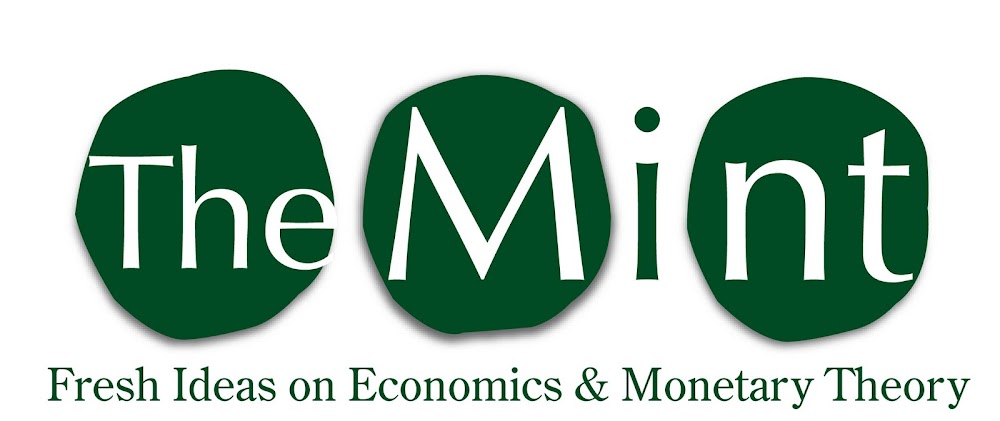As the days of 2010 wind down and the markets begin to calm down for the upcoming Holidays, we here at The Mint will take a few days to relax and unwind. Relaxation, the art of doing nothing, either physically or mentally, is extremely underrated in today’s go-go society. God gave us the Sabbath when He created all that we know and see and later commanded us to observe it. The logic of relaxing at least one day a week is infallible. Anyone who has worked weeks on end will tell you they are completely stressed out and tired. Even plants and fields produce more abundantly for longer periods of time if you give them adequate rest, which would be every 7th year.
Anyone who has been alive for a while and put their mind to the question will tell you that no, we humans are not logical beings. Therefore, with few exceptions, we fail to observe Sabbaths (i.e. we don’t rest!) Our weekends are full of activities which rarely count as restful. Our Holidays and vacations are often more demanding than everyday life. Yes, moments of pure, blissful rest are few and far between on this wonderful planet.
We are still here in Bolivia
